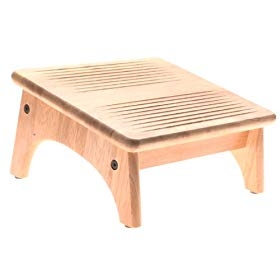- Community
-
Programs
- Schools
-
Careers
- RN Specialties
- Best RN Jobs and Salaries
- Aesthetic Nurse
- Nursing Informatics
- Nurse Case Manager
- NICU Nurse
- Forensic Nurse
- Labor and Delivery Nurse
- Psychiatric Nurse
- Pediatric Nurse
- Travel Nurse
- Telemetry Nurse
- Dermatology Nurse
- Nurse Practitioner
- Best NP Jobs and Salaries
- Family NP (FNP)
- Pediatric NP
- Neonatal NP
- Oncology NP
- Acute Care NP
- Aesthetic NP
- Women's Health NP
- Adult-Gerontology NP
- Orthopedic NP
- Emergency NP
- Psychiatric-Mental Health NP (PMHNP)
- APRN
- Nurse Educator
- Nurse Administrator
- Certified Nurse Midwife (CNM)
- Clinical Nurse Specialist (CNS)
- Certified Registered Nurse Anesthetist (CRNA)
- Resources
- Education


twinkletoes53
202 Posts
we implemented kangaroo care, also called skin-to-skin holding in our nicu a couple of years ago. i am interested in the experences other units havd had with skin-to-skin holding. we allow intubated, stable babies to be held , with an attending md order.
what feedback have you gotten from other staff members and families in your units? are there any negative impacts of this type of holding that you have noticed? one of our drawbacks seem to be an increase in the number of inadvertent extubations when babies are transferred or held. newer nurses are also less comfortable with assisting parents with skin-to-skin holding. we are doing extensive staff education to address these issues. is there a time limit ordered for how long a baby may be held?
also, what products are available to assist with comfortable holding of infants by their parents? we have researched chairs that recline, but are limited by space constraints in our nicu. we are a 68 bed level iii unit.
thank you